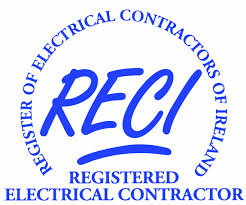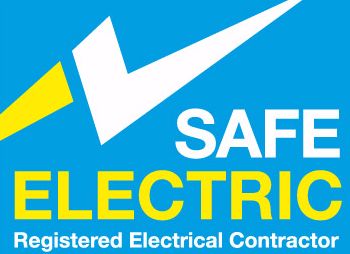
SilverDome Electric
FAQ's
Frequently Asked questions


Frequently Asked Questions
Below are some questions often asked of electrical contractors and electricians? We hope they will answer some of the initial questions you have.
If you need further information - we will be happy to help you.
If you need further information - we will be happy to help you.
Q:
How do I know if someone is competent to do electrical work?
A:
A person can demonstrate competence to perform electrical work if they have successfully completed an assessed training course, run by an accredited training organisation, that included the type of work being considered. As part of that course, this person should have demonstrated an ability to understand electrical theory and put this into practice.
A successfully completed electrical apprenticeship, with some post-apprenticeship experience, is a good way of demonstrating competence for general electrical work. More specialised work, such as maintenance of high-voltage switchgear or control system modification, is almost certainly likely to require additional training and experience.
A successfully completed electrical apprenticeship, with some post-apprenticeship experience, is a good way of demonstrating competence for general electrical work. More specialised work, such as maintenance of high-voltage switchgear or control system modification, is almost certainly likely to require additional training and experience.
Q:
Can I do my own electrical work?
A:
You can do your own electrical work if you are competent to do so. Simple tasks such as wiring a plug are within the grasp of many people but more complex tasks, such as modifying an electrical installation, may not be.
It is particularly important that anyone who undertakes electrical work is able to satisfy the requirements of the Health and Safety at Work etc Act 1974 and the Electricity at Work Regulations 1989. At Silverdome, we comply fully with these requirements.
It is particularly important that anyone who undertakes electrical work is able to satisfy the requirements of the Health and Safety at Work etc Act 1974 and the Electricity at Work Regulations 1989. At Silverdome, we comply fully with these requirements.
Q:
When should I use a residual current device?
A:
It is advisable to use a residual current device (RCD) whenever possible but particularly in wet or damp locations, such as outdoors. An RCD rated at no more than 30 mA limits the energy in a particular type of electric shock and can save your life. However, an RCD cannot protect you from every type of electric shock, so you should still make sure that circuits are securely isolated before you work on them.
It is best to use an RCD that is incorporated into the switchboard of your installation. This means that all circuits fed from that RCD are protected by it. An RCD that is incorporated into an ordinary mains socket, or plugged into it, will protect anything attached to that socket, but it is possible that equipment may be plugged into another, unprotected socket.
RCDs should be regularly tested by pressing the 'test' button and making sure the RCD trips. Faulty or inoperative RCDs should be removed from use.
RCDs rated above 30 mA provide very limited protection against harm from an electric shock.
It is best to use an RCD that is incorporated into the switchboard of your installation. This means that all circuits fed from that RCD are protected by it. An RCD that is incorporated into an ordinary mains socket, or plugged into it, will protect anything attached to that socket, but it is possible that equipment may be plugged into another, unprotected socket.
RCDs should be regularly tested by pressing the 'test' button and making sure the RCD trips. Faulty or inoperative RCDs should be removed from use.
RCDs rated above 30 mA provide very limited protection against harm from an electric shock.
Q:
What should I do to avoid danger from underground cables or wires?
A:
If you are digging or disturbing the earth you should take care to avoid damaging underground services. Underground electrical cables can be particularly hazardous because they often look like pipes and it is impossible to tell if they are live just by looking at them.
Damage to underground electrical cables can cause fatal or severe injury and the law says you must take precautions to avoid danger. If you need any advice in this area, please contact us at Silverdome Electric.
Damage to underground electrical cables can cause fatal or severe injury and the law says you must take precautions to avoid danger. If you need any advice in this area, please contact us at Silverdome Electric.
Q:
When is it safe to work on live electrical equipment?
A:
It is never absolutely safe to work on live electrical equipment. There are few circumstances where it is necessary to work live, and this must only be done after it has been determined that it is unreasonable for the work to be done dead (i.e. disconnected). Even if working live can be justified, many precautions are needed to make sure that the risk is reduced 'so far as is reasonably practicable'.
Further Electrical FAQs can be found at http://www.hse.gov.uk/electricity/faq.htmhttp://www.hse.gov.uk/electricity/faq.htm

Contact Details
Telephone - (01) 864 1500 Fax -
(01) 864 1577
© SilverDome Electric Website by
www.imobilefriendly.ie
